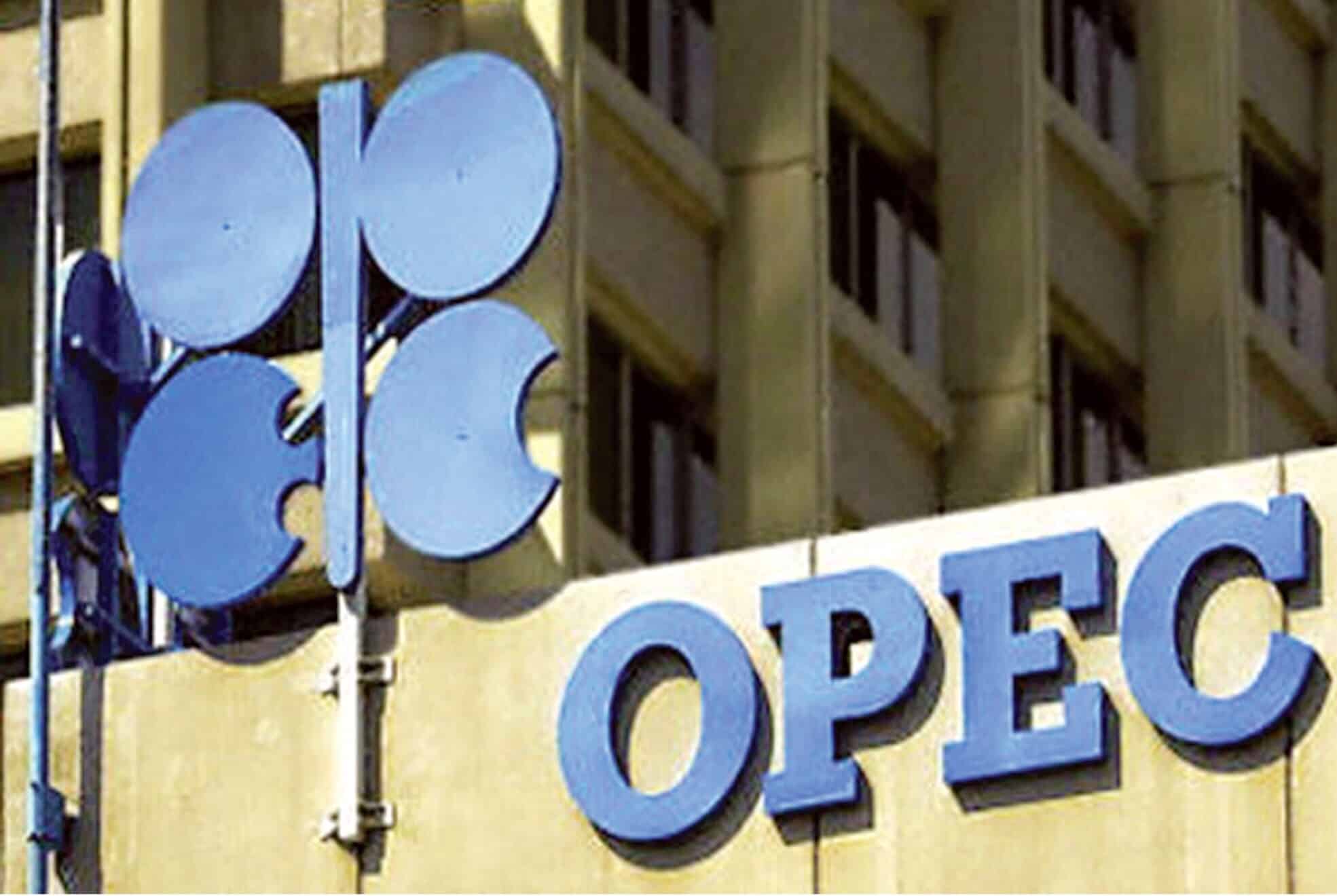-
Summer and the reopening of global economy drives the price
-
Also boosting oil this week was a slowdown in talks over Iran’s nuclear program
For the first time in nearly two years, oil rose to $72 a barrel on Friday as Organization of the Petroleum Exporting Countries (OPEC) and supply discipline and recovering demand countered concerns about patchy COVID-19 vaccination rollout around the globe.
Reuters reported that OPEC and allies on Tuesday said they would stick to agreed supply restraints. A weekly supply report on Thursday showed US crude inventories dropped more than expected last week.
Brent crude rose 33 cents, or 0.5 percent, to $71.64 a barrel by 08:12 a.m. GMT. It reached an intra-day high of $71.99 on Thursday for its highest since May 2019. US West Texas Intermediate crude was up 22 cents, or 0.3 percent, at $69.03. “After much dilly-dallying, Brent appears to have found a new home above $70,” Reuters quoted Stephen Brennock of oil broker PVM.
“Summer and the reopening of the global economy is bullish for oil demand in the second half of the year.” For the week, Brent is on track for a gain of more than 2.8 percent and US crude is heading for a 4 percent rise. Also boosting oil this week was a slowdown in talks between the United States and Iran over Tehran’s nuclear program, which reduced expectations for a rapid increase in supply of Iranian oil to the market.
In focus later on Friday will be US jobs figures for May. The consensus forecast for non-farm payrolls, due at 12:30pm. GMT, is that about 650,000 jobs were added in May. While rising demand and the fast pace of COVID-19 vaccinations in countries such as the United States has boosted oil, a slower inoculation rollout and high infections in the likes of Brazil and India are hitting demand in high-growth oil markets.
India, the world’s second most populous country, has vaccinated only 4.7 percent of the adult population and is reeling from a second wave of infections.








